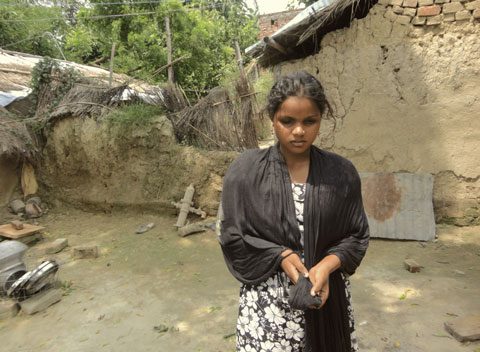NAB India Centre for Blind Women & Disability Studies
Deeply moved by the research findings of a study on ‘Status of Blind Women in India’ carried out by NAB and Asian Blind Union, National Association for the Blind-India, Head Office Mumbai, nabindia.org.in – decided to set up an exclusive centre to change the status of blind women in India and make every blind woman independent. The study brought to light the deeper vulnerabilities and the state of deprivation for blind women residing across the country. In 2002 Mr. & Mrs. Saradindu Basu, a generous couple donated their 60-year-old premise to NAB India.
Thus, NAB India Centre for Blind Women and Disability Studies was envisioned with a dream of financial independence, increased self-worth, and happiness for every blind girl in India.
The year 2002, gave shape to our dream and ever since, NAB India Centre has empowered thousands of blind women in India.
Poverty clubbed with blindness for a woman made her an absolute social & family outcast which needed a different approach for rehabilitation and hence came into being the NAB India Centre for Blind Women & Disability studies.

In 2002, there was no precedent for a centre to work only for blind women and upskill them therefore, No one had any knowledge of any skills that could be adopted, apart from age-old chair caning and chalk making.
Initially, no volunteers accepted to work as the possibility of blind women working in the Corporate and mainstream was found too idealistic by them.
Another challenge was to get blind women beneficiaries to travel to the centre. Their experience had exposed, their total lack of mobility without training. On their own, they could not move an inch outside the home. Hence, an initiative to start a 2 room hostel for 12 blind girls on the premises was taken. With no resources to run the hostel and pay for food, somehow with donations, the centre started with 1 girl trainee.
The institute started growing slowly with a local board. With the help of Microsoft, the first unit was set up as a cyber café for the blind in 2003 and gradually another donor came up to help open a small handicraft unit.